The Versalie Ambassadors are a group of everyday people who are currently experiencing the ups and downs of the menopausal transition. They’ve been working with us to help build Versalie. Their experience and insights help us test our ideas, learn, and improve what we’re creating. Their stories have the power to create real change.
We hope you see yourself in their stories — their symptoms, their highs and lows — and find that you’re not alone in this beautiful (but sometimes chaotic) phase of life.
Versalie Ambassador – Tula, 47
Perimenopause, started at age 44
5+ symptoms, including irregular periods, cramping, brain fog, headache, lower back pain
When and how did you first realize you were in perimenopause?
My periods have been regular my whole life, and so when it started changing, it made me pay a little bit more attention. And by changing, I mean, I would have really light periods and then, really heavy ones. And then the pain surrounding my periods also changed. For my whole life, I would have cramping just right at the beginning, and then that's it. And then I started noticing a change where I was cramping bad during my period for multiple days. I had lower back pain, which was new. And then cramping during ovulation. And then sometimes just some months, just low level cramping the whole month. So, there was just a bunch of different weird things happening that made me think, “This wasn’t what was happening before, so something new is happening.”
A couple of times I’ve had brain fog. After 2 weeks of not having a period, I had one and I was really struggling to focus on anything. It was a weekend, so it made it easier, but it felt like a foggy headache. It settled in my head, and it was there all day. That one was really bad. I’ve noticed other little ones, but they’ve come and gone.
I’m not someone who gets a lot of headaches, so when I do I’m going to ask why. Am I hungry? Am I thirsty? And then I’m like, OH wait, I think it’s my period. Because it’s a different type of headache. Even saying headache doesn’t really describe it well. It really is more like a fogginess that feels like it settled in my brain that makes it harder for me to want to do stuff. The headache was making the rest of me slump. It becomes very physical, changes my posture, it makes it harder for me to motivate myself to do things.

You mentioned a few of your symptoms. Can you talk more about them and how they’ve affected you?
I try not to let it affect me, but on those days where I'm in pain, it just makes that day a little harder to get through, whether I have to work or whatever I have to get done. It hasn't affected me too much. I haven't stopped doing anything, but I just may not do something. Like, if we're going to go out to dinner, then maybe we just do takeout. I don't want to have to be out in the world.
What have you tried to do so far to manage your symptoms? Is there anything you’d like to try?
I tried acupuncture for a while. I started drinking this shake that has everything that I read you should have if maybe you're low on your minerals and vitamins. Since I've been doing that, I feel like it has helped, especially when I’m consistently doing it, like 3-4 days a week, throughout the month and not just during my period. It could just be coincidence, or it could be helping. I just don’t know. There’s no way for me to test that in a scientific way.
I’ve also been giving myself grace in those moments. I will tell myself, “Ok I’m just going to feel a little lousy today.” I’ll usually take something for the pain, trying to not push myself through the pain. I used to push through the pain for a while. Then I asked myself, “Why am I doing this? There’s something on my counter that could help with this.”
This is a personal story and is not intended to provide medical advice. Talk to your healthcare provider about potential treatment options that can work for you.

Have you talked to a medical professional about your perimenopause symptoms? How’d that go?
I mentioned the change in my periods and the cramping to my doctor before COVID and didn't really get a good answer. Then, COVID happened. And then I was like, “All right. I guess we're all just at home."
But there were still things happening with my body I didn't feel made sense. I did some research, but I didn't get the answers I felt were adequate. So, then I mentioned it to that same doctor again. I just really didn’t have a good experience. Honestly, I felt dismissed. I came home, was basically crying. So, that’s when I started doing some more of my own research.
Did anyone talk about menopause growing up? Did anyone talk to you about menopause before it happened?
I knew my mother had a period, but I didn't know when she was on her period. I didn't know when she stopped her period. It just stopped. I have asked her, and she's just said that it stopped one day. I have asked other older women in my life because I wanted to get a sense of what’s going on, what to expect, because otherwise, I didn’t know where to get that information. And the women I've asked, including my mom, just say her period just stopped. The only person who could tell me about any symptoms was my mother-in-law, who had terrible hot flashes.
I think maybe they just weren’t paying attention. Maybe they weren’t focused on it and were busy raising their families or couldn’t focus on it. Something that I've recently learned in talking to my mom is that she was so focused on raising kids that sometimes she's like, “I don't even remember how I handled that” because her focus was so on something else, so she just moved on from it.
So maybe it’s a generational thing. They just managed it differently. They didn’t feel as open to asking the questions of their doctor or to their friends.

What role have your family, friends, and partner played in your menopause journey? Have you seen any changes in those relationships?
My husband, he’s so sweet. He rubs my back. He’s trying to help me. He’ll get me things to help me feel better when I’m cramping. He’ll ask, Can I get you anything? Can I draw you a bath? He's very comforting. He creates that comfort. He'll say, don't worry, I'll make dinner. So, he'll take care of things.
What’s been interesting is that as my friends and I have gotten into our 40s and 50s, we talk about it and that’s always been nice hearing what my friends are going through. It kind of brought us closer because we can talk about this weird thing happening to our bodies. I’m not alone in this!
Some of my younger friends are not ready to talk about it, even though I'm like, well, something happened. I'll say, well, you just turned 40. But I'm not saying it in a way like you're old. I'm just saying, this is something that happened. I wish someone had told me. I like to be prepared. And some other friends don't want to hear. So, depending on who the person is, I get more cautious about whether I share.
Being a Versalie Ambassador has been really great, too. Being a part of something that is acknowledging that everyone is dealing with this.
What I wish I knew: What would you tell your younger self about menopause if you could go back in time?
"I think it would have been nice if I had been told or someone explained that it really isn’t like an event, like a one-day event. It's an extended period where there's changes. And those changes may change."
It would have been nice if my doctor had said, 'Oh, you're turning 40 this year. Just be aware these things may be happening.' That would have been really great. And having a list, even if it's an incomplete list, of some things that happen to other women. In a sense, normalizing it.
Are there any misconceptions, myths, or stigmas about menopause that you want to debunk or clarify?
That symptoms can start happening early in your 40's. I started to feel overwhelming waves of anxiety which I had never experienced before, and I didn't find out until almost my mid- 40s that these symptoms could be related to perimenopause. It made me feel better knowing this because prior I thought it was something I should be able to control and felt bad about it.

What advice would you give to others starting or going through the menopausal transition?
I would share my story, all the different things that have happened to me. I would like to share some of the solutions I've tried, you know, acupuncture, the shake. And then I would say, see a gynecologist. If you feel dismissed, get a second opinion, go to someone else. I wish I had done this immediately after, but I was just so upset that I couldn't even think about going back to being in a similar situation.
I would also tell someone you can bring a friend. I wish I would have thought to ask somebody to come with me. Maybe that would have given me more confidence to...to say something else. I don't know, but I would give the advice to ask someone to come with you.
"Don't feel like you have to do this alone."
What's an unexpected improvement in life now, as you’re aging and going through perimenopause?
Forcing me to stop and think about what’s happening with my body. I might have to say ‘All those plans that I had, maybe it’s just a day to be at home.’ It’s forcing me to stop, which is something I had a really hard time doing before. I would just push myself until I just tired myself out. It’s forced me to say, ‘today I just can’t do this.’
I feel like it's given me that opportunity to just spend the day, whether it's in bed watching silly shows, or for myself. I guess it's forced me to say, you know what? Today I can't do this. You know, I'm just gonna stay home. Cancel the plans. I'm not feeling great and not feeling guilty about it because I used to feel guilty about it.

Why did you want to become a Versalie Ambassador?
I was excited when I first learned about the opportunity to be involved as a founding ambassador. I was glad to be able to share my story. Like I said, me and my friends talk about it, but I want to be able to give as many women as possible, as much information as I can.
I also think it gives Versalie authenticity, which I think is something that more and more people are looking for in everything that they're purchasing or buying. They want the genuine experience of people of this is what happened, this is what they tried, and this is their experience.
What’s your favorite part about being an Ambassador?
Being able to share with a wider audience my experience and hopefully giving voice to symptoms that people are experiencing. Through that voice I hope people experiencing perimenopause feel seen and feel less lonely.
"It felt frustrating not understanding what was going on with my body and not having answers or solutions."
What’s the biggest change you’ve made since joining as an Ambassador?
I finally found and went to a doctor/OBGYN that specialized in menopause and I felt seen and heard which I had not felt before. And I am back on birth control/hormone replacement which I was hesitant to do before.
What’s one thing you’ve learned about menopause that you think is critical to share with others?
That it is wildly different for all people.


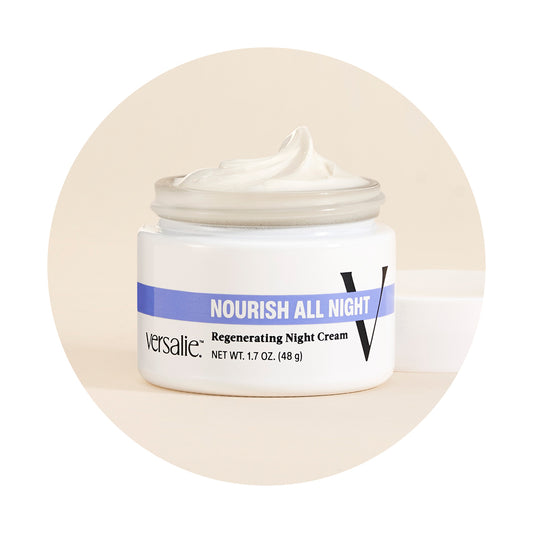
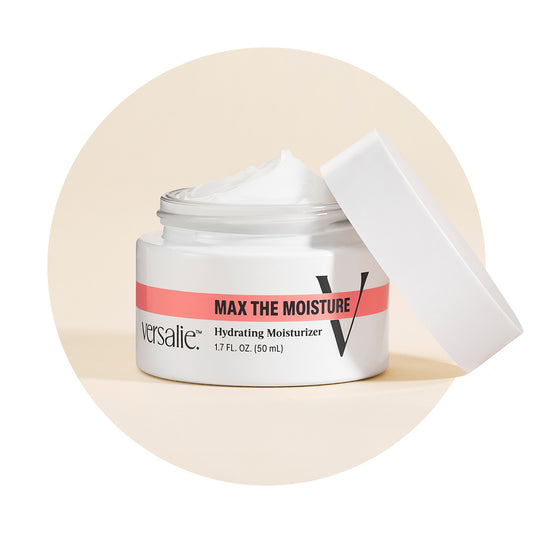
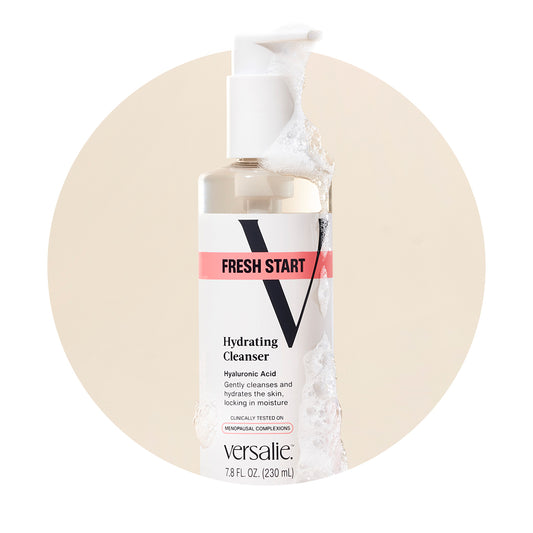
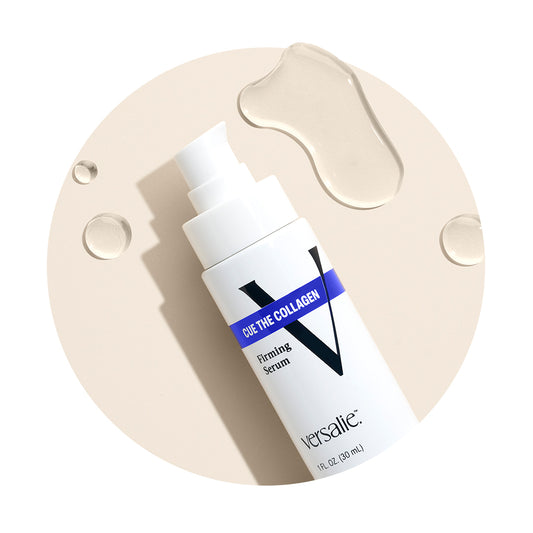
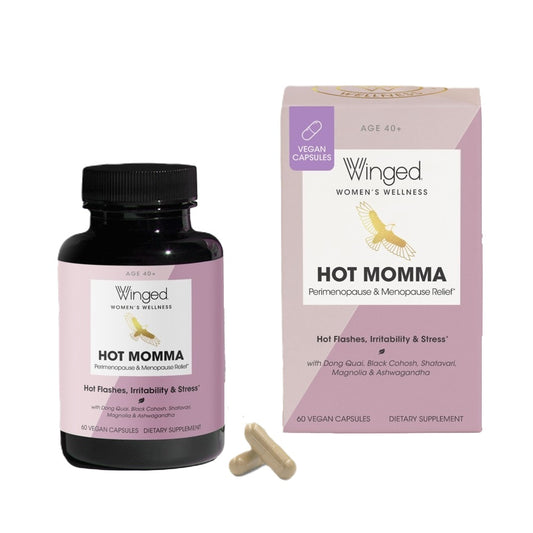


1 comment
Reading tulas story has helped me , I’m a pilates teacher I’ve always been fit and strong but menopause has really affected me physically, I’ve lost strength and can’t do much strength training and I have really bad back pain which changes at dif... ferent times of the month nr a period, it’s exhausting and very upsetting, so hearing tulas story of back pain is so similar to mine and has helped me feel normal